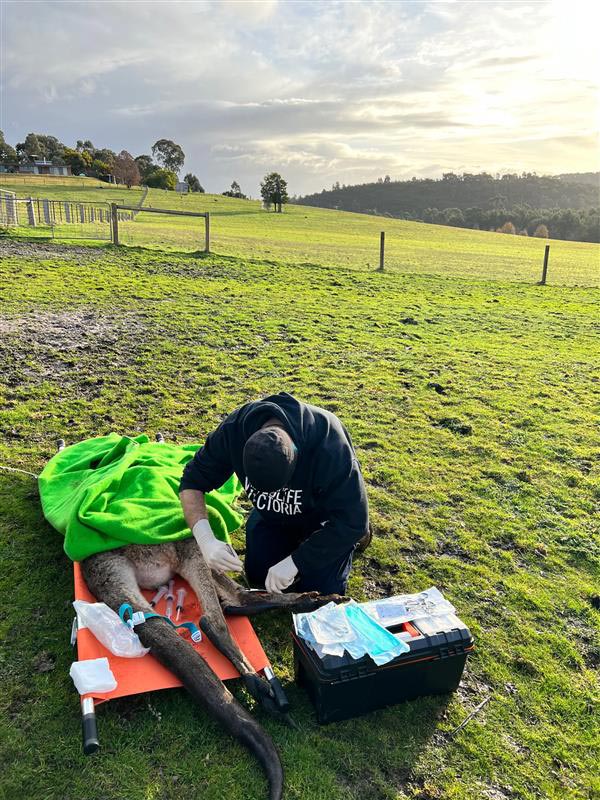The Travelling Vet Service
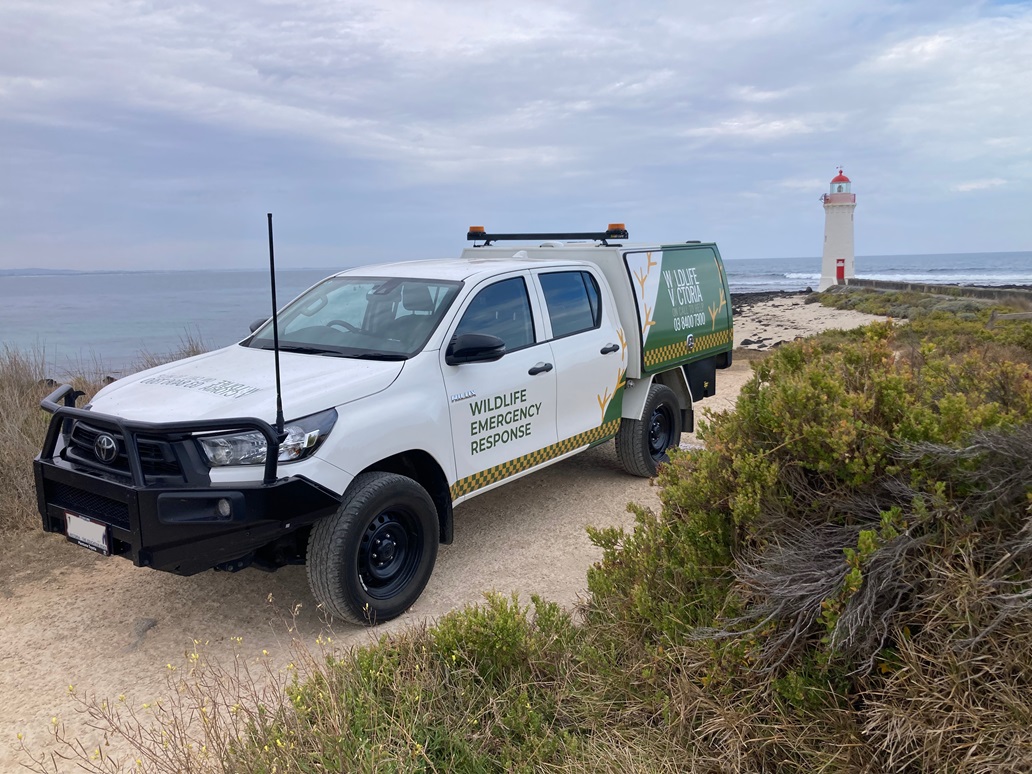 Wildlife Victoria’s Travelling Veterinary Service (TVS) is on call 7 days a week and is dispatched to assess and treat injured wildlife in field and in care - providing vital support not just to wildlife but also to Wildlife Victoria’s volunteer wildlife rescuers and wildlife rehabilitators at no cost.
Wildlife Victoria’s Travelling Veterinary Service (TVS) is on call 7 days a week and is dispatched to assess and treat injured wildlife in field and in care - providing vital support not just to wildlife but also to Wildlife Victoria’s volunteer wildlife rescuers and wildlife rehabilitators at no cost.
Wildlife Victoria launched the TVS after a critical gap in round the clock wildlife veterinary support was identified across the state. Due to a state-wide shortage of vets, especially those with wildlife expertise, there are limited opportunities and locations for expert wildlife care in Victoria and to support our hard working first responders in field all day, every day.
In addition to Wildlife Victoria recognising a need for a nimble, mobile, in-field service that can meet day-to-day wildlife veterinary needs we also identified a need for this service to have the capacity to be deployed during major emergencies.
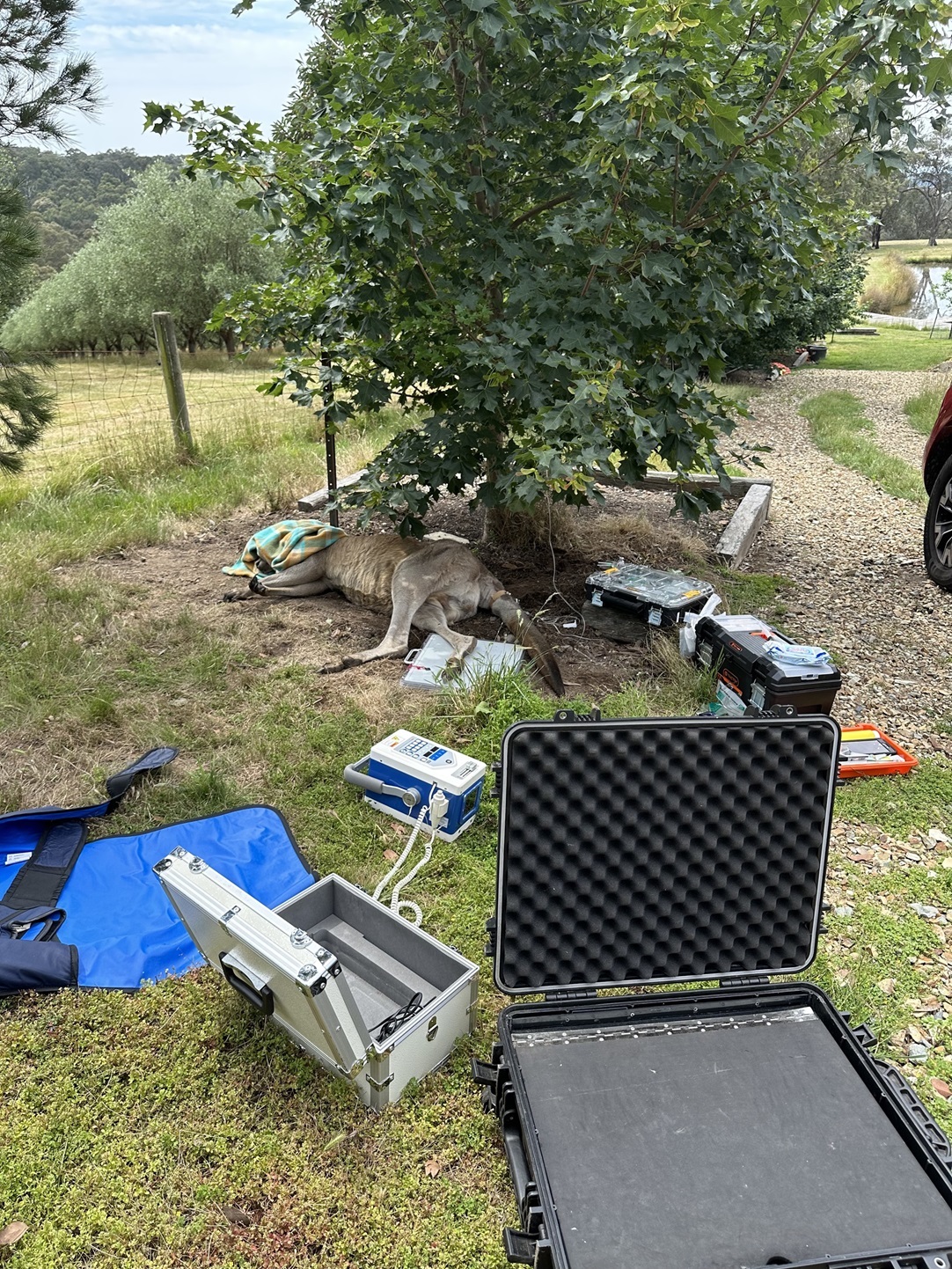 As a statewide Emergency Response Service, Wildlife Victoria is committed to providing veterinary services to wildlife in need across the state. In response to increased case volumes, a need for specialised wildlife-specific veterinarian services, and a general increase in population within the regions, Wildlife Victoria has established two TVS hubs located in Nunawading and West Gippsland.
As a statewide Emergency Response Service, Wildlife Victoria is committed to providing veterinary services to wildlife in need across the state. In response to increased case volumes, a need for specialised wildlife-specific veterinarian services, and a general increase in population within the regions, Wildlife Victoria has established two TVS hubs located in Nunawading and West Gippsland.
Each hub is staffed in shifts with two veterinarians and two vet nurses operating from a custom-built 4WD vehicle. The TVS vehicle is fully equipped to perform detailed, roadside assessments which significantly reduces diagnostic time, allowing staff to provide appropriate care quickly to reduce animal suffering, and to improve health outcomes for treatable animals. Each vehicle is equipped with specialist and essential veterinary equipment including a mobile X-Ray machine, mobile anaesthesia machine, a darting gun, medications, veterinary consumables such as bandages and dressings, pull out treatment tables, fluid pumps and items for basic pathology such as a microscope and centrifuge.
Benefits of the Wildlife Victoria Travelling Veterinary Service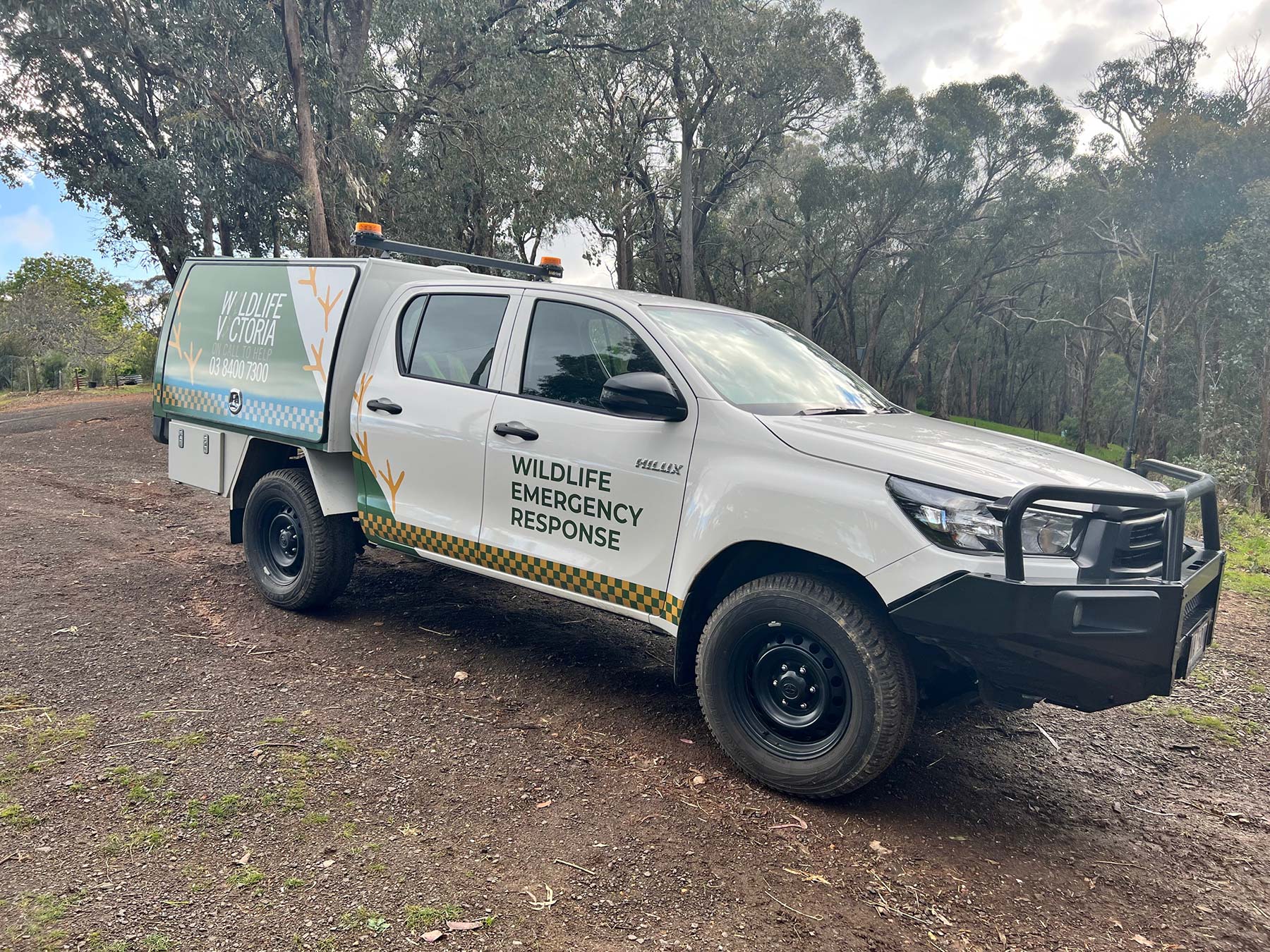
- The Wildlife Victoria Travelling Veterinary Service is provided at no cost to the Victorian community and to Wildlife Victoria volunteer rescuers and rehabilitators, saving our compassionate and hardworking volunteers thousands of dollars.
- Wildlife Victoria Travelling Veterinary units are deployed as first responders to wildlife incidents by the Wildlife Victoria Emergency Response Service where a veterinarian is required to attend a case.
- Wildlife Victoria’s veterinarians conduct in field assessment and triage of injured wildlife and perform prompt treatment or humane euthanasia as required.
- When not attending wildlife rescues Wildlife Victoria’s veterinarians provide free of charge “house call” services to Wildlife Victoria’s volunteer wildlife rehabilitators to assist with wildlife in care including assessment, dispensing medications and case management.
- Wildlife Victoria veterinarians operate under specific Standard Operating Procedures and Protocols and complete training prior to deployment. The TVS staff work in shifts to ensure coverage seven days a week.
- Each Wildlife Victoria travelling veterinarian is allocated to a specific region of need in Victoria and can be deployed as the on the ground regional veterinary expert in times of wildlife emergencies such as bushfires, storms, floods and heat emergencies.
- Wildlife Victoria, with its State-wide network of volunteers, and detailed knowledge of wildlife emergency response, is uniquely placed to develop a nimble, effective and efficient Wildlife Travelling Veterinary service that better meets the needs of the Victorian community both from the perspective of day-to-day wildlife veterinary support as well as for major emergencies.
The team
Dr Alisdair Eddie 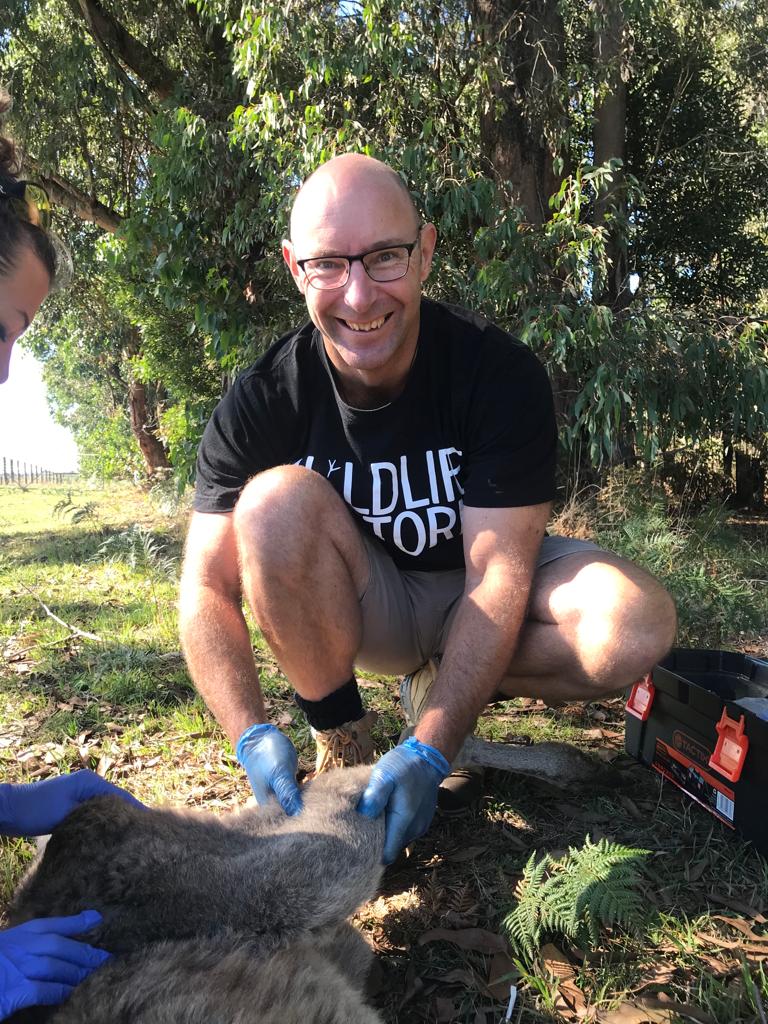
Alisdair is extremely passionate about animals, with a particular focus on conservation and wildlife.
Originally from South Africa, Alisdair moved to New Zealand to complete his veterinary degree with a focus on wildlife. After finishing his training, he worked for two years in a mixed practice that included treating exotic pets and local zoo animals. Alisdair made the move across the pond to pursue a full-time role with Wildlife Victoria.
Alisdair enjoys his role on a day-to-day basis but highlights getting to meet passionate and caring volunteers, and helping to rescue and rehabilitate the amazingly quirky Australian wildlife as the best parts of being a wildlife vet.
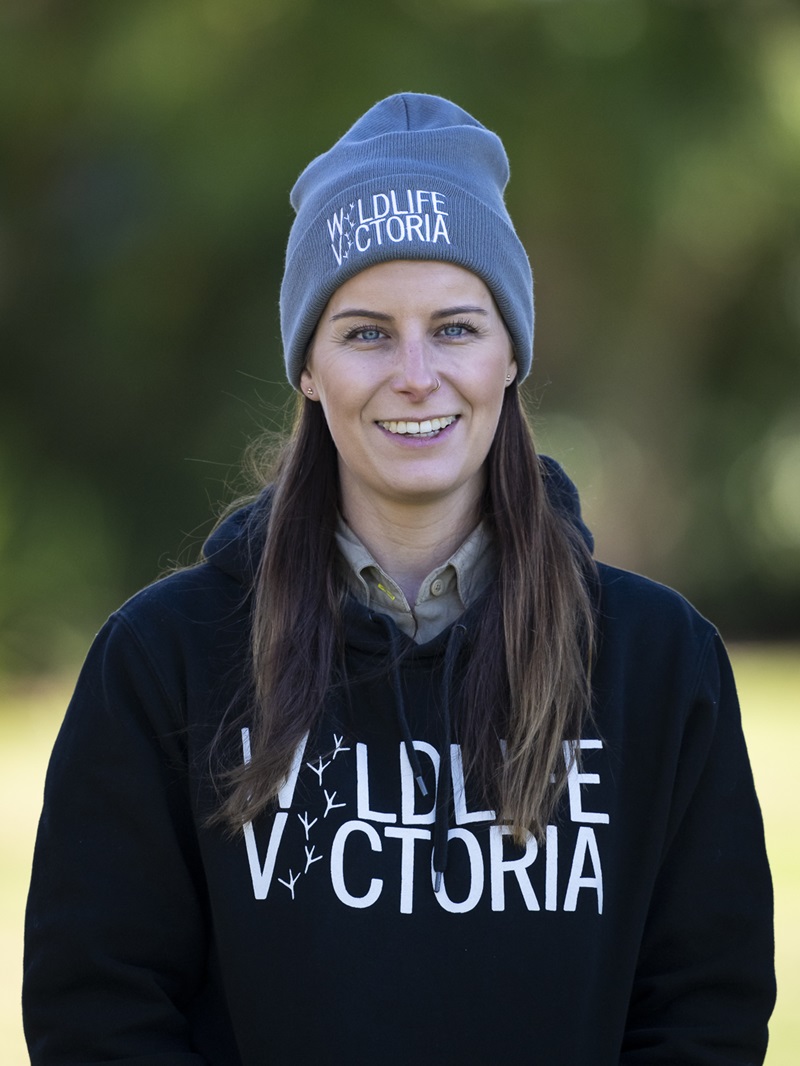
Dr Emily Graham
Emily has been working in veterinary medicine for seven years with experience in mixed and small animal practice. Emily obtained a Bachelor of Animal and Veterinary Biosciences at La Trobe University and went on to complete a Doctor of Veterinary Medicine at the University of Melbourne.
Emily has a passion for wildlife care and conservation. In her spare time, she enjoys getting out into nature with friends and family, eating food, drinking good wine, and watching trashy action or horror films.
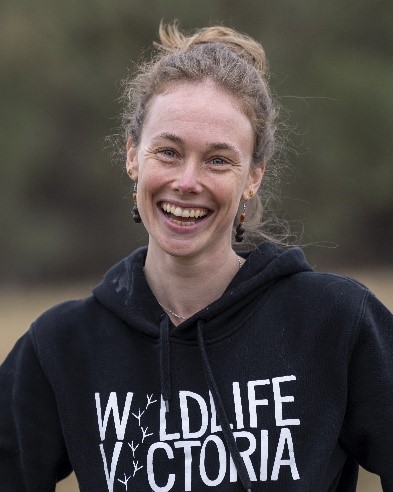
Dr. Jess McCutchan
Jess is dedicated to wildlife health and conservation, striving for a healthier future environment. She has completed a Master of Veterinary Science in Zoo Animal and Wildlife Health, and is a member of various organizations including the Wildlife Disease Association, Wildlife Health Australia, Australian Bat Society, and Australian Conservation Foundation. Jess has extensive experience working with wildlife across Australia and beyond. Her impressive career includes roles at Taronga Western Plains Zoo, Boongary Veterinary Surgery, Byron Bay Wildlife Hospital and Wellington Zoo.
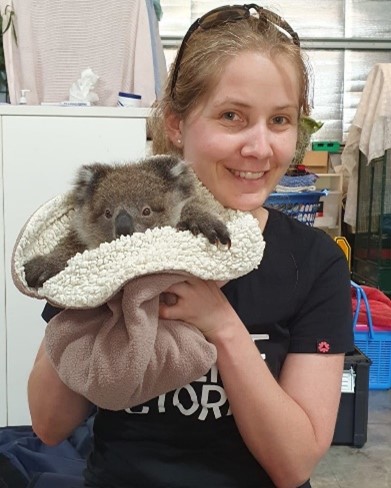
Dr. Anita Tolpinrud
Anita has completed a Master of Veterinary Conservation Medicine and is nearing the completion of her Doctor of Philosophy in Veterinary Science. She possesses extensive experience in wildlife medicine, both in field and hospital settings. Her notable work history includes positions at the Australian Wildlife Health Centre at Healesville Sanctuary, Copenhagen Zoo, and Limbe Wildlife Centre in Cameroon.
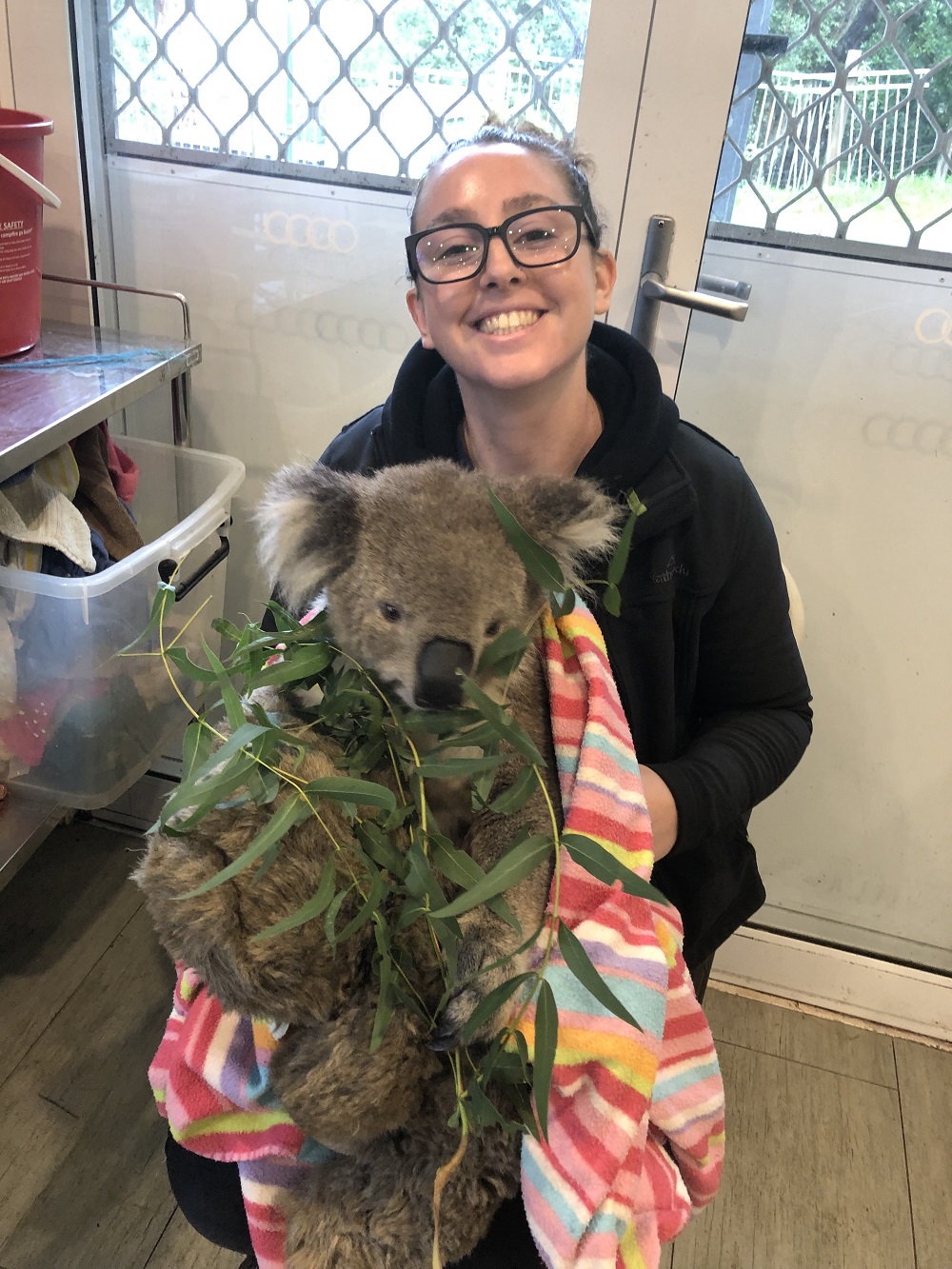
Jordan Finn
Jordan has been a veterinary nurse for over 10 years, with experience in a variety of general practice, specialist, emergency, and critical care clinics. Having worked in various hospitals Jordan’s passion for wildlife has grown and developed alongside her nursing.
Jordan has volunteered at wildlife shelters and at Healesville Sanctuary, which has allowed her confidence to grow with various Australian species. She has a passion for wildlife conservation and endeavours to broaden her knowledge and nursing skills around Australian wildlife further.
In Jordan’s spare time she enjoys travelling with her partner, eating good food, and snuggling on the couch with her dog, Sundae and cat, Skittles.
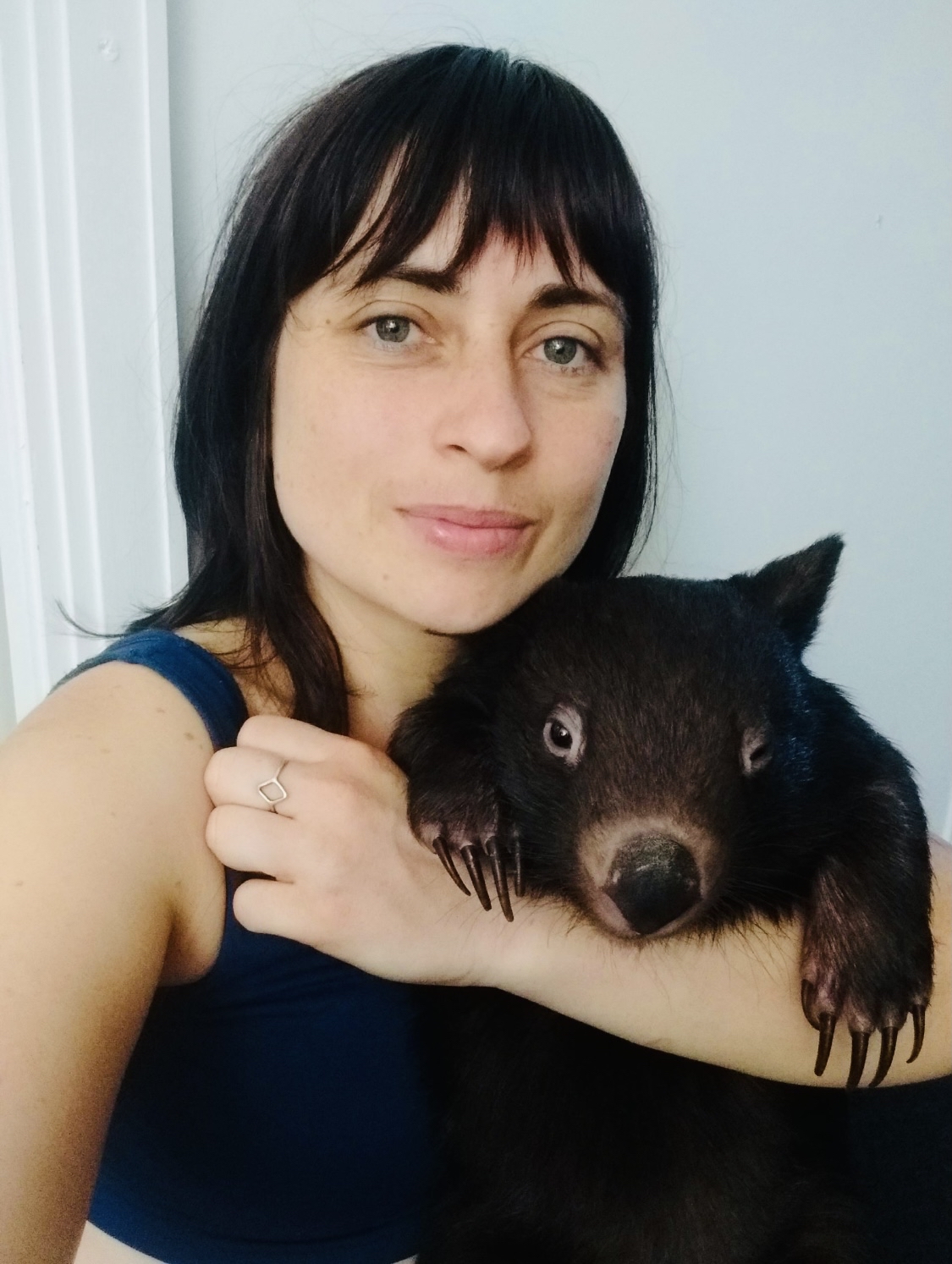
Nicola Rae
Nicola is an experienced veterinary nurse with a wide range of species knowledge and a strong interest in exotic and wildlife nursing. Over the past 12 years, Nicola has worked at one of the busiest vet clinics in Australia as well as smaller general practices.
Having seen firsthand the issues facing native animals, Nicola wanted to do more to help protect wildlife and now also operates as a licensed wildlife carer.
“My role at Wildlife Victoria gives me the opportunity to combine my passions of wildlife care and vet nursing. Being able to provide veterinary care as well as supporting our wonderful wildlife carers is very important to me.”
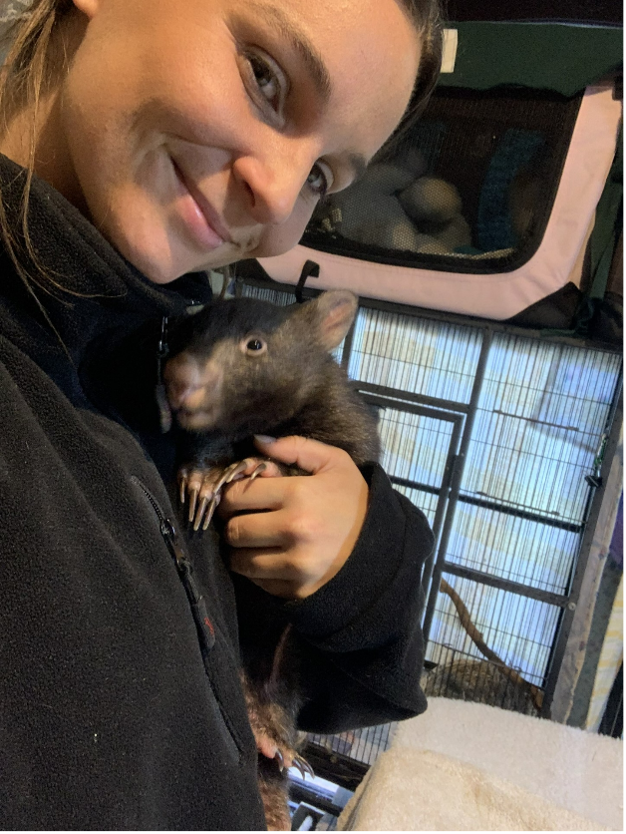
Camilla Woods
Camilla has worked as a veterinary nurse for the past seven years and has a Bachelor of Science majoring in Wildlife and Conservation Biology and a Certificate IV in Veterinary Nursing.
Camilla has experience working with a number a of wildlife species with past roles at Melbourne Zoo, Phillip Island Nature Parks Penguin Parade, animal shelters and specialist veterinary clinics. Camilla is also a Wildlife Victoria volunteer in her spare time and fosters shelter animals.
In her spare time, Camilla likes to spend her time travelling, exploring the outdoors, doing yoga and learning how to surf.

Lee Moon
Lee has been a dedicated and qualified Veterinary Nurse for nearly 20 years, bringing a wealth of experience in working with small and large animals, exotics, and wildlife. Her special interest in Australian wildlife led her to pursue further studies at Taronga Zoo. Outside her professional life, Lee is a devoted mother of two children. She enjoys exploring the bush with her family, searching for insects, spiders, and frogs, and caring for a variety of unique pets.
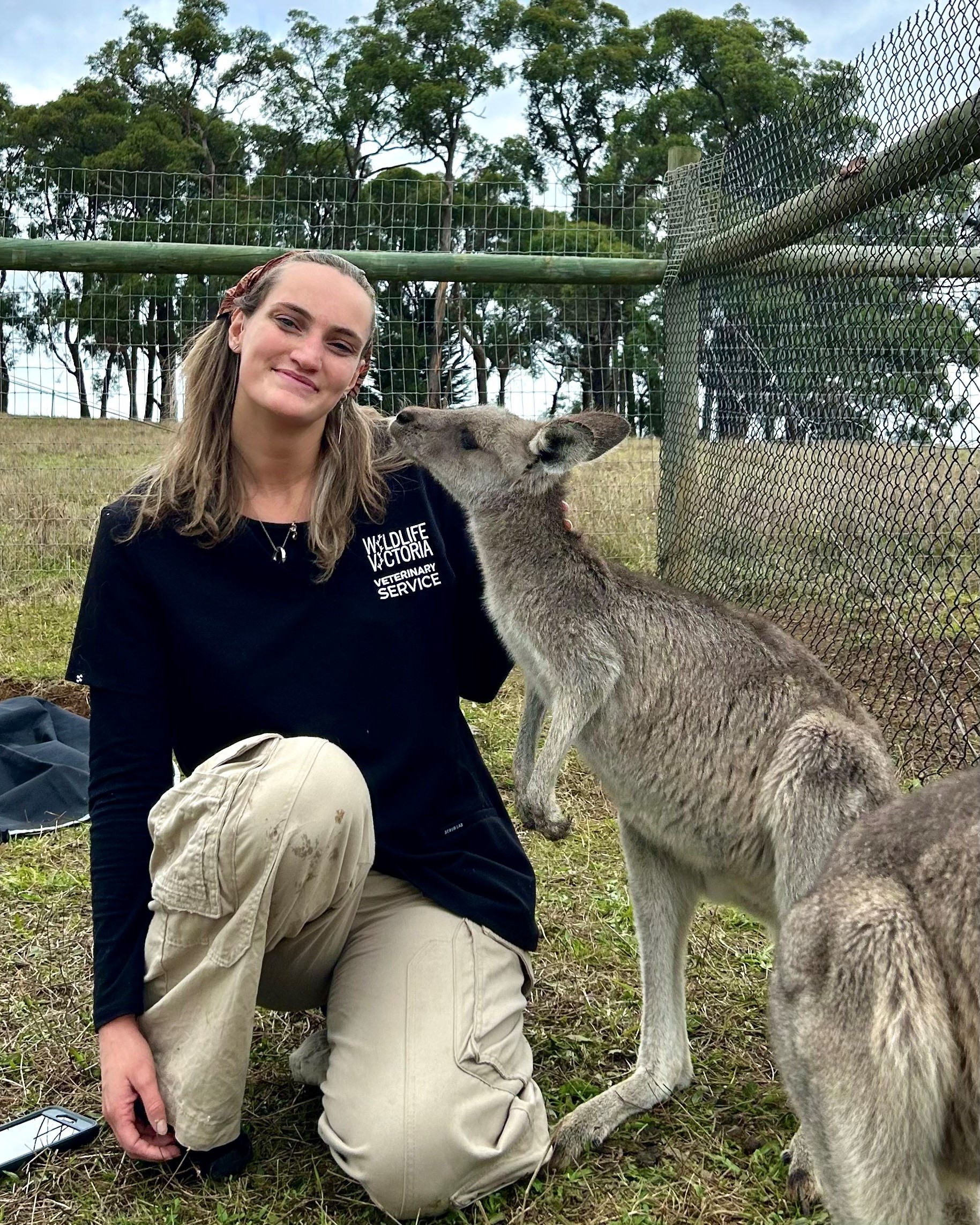
Bayli Paterson-Bird
Bayli is a veterinary nurse with a deep passion for wildlife and exotic species. She joined Wildlife Victoria in 2023 as an Emergency Response Operator. Bayli's background includes surgical and emergency critical care nursing, as well as experience as an assistant zookeeper. Her commitment to Wildlife Victoria stems from her desire to care for wildlife and enhance her expertise in this field.
How you can help
Wildlife Victoria are currently seeking support to fund the roll out of two additional Travelling Vet Service hubs. This increase will allow for more regions of the state to be serviced as well as reduce response time to wildlife emergencies.
Each TVS vehicle costs Wildlife Victoria upwards of $200,000 to equip and deploy, with annual operating costs close to $500,000. To ensure each unit is adequately prepared for all wildlife scenarios, vehicles are equipped with a:
- Mobile X-Ray machine
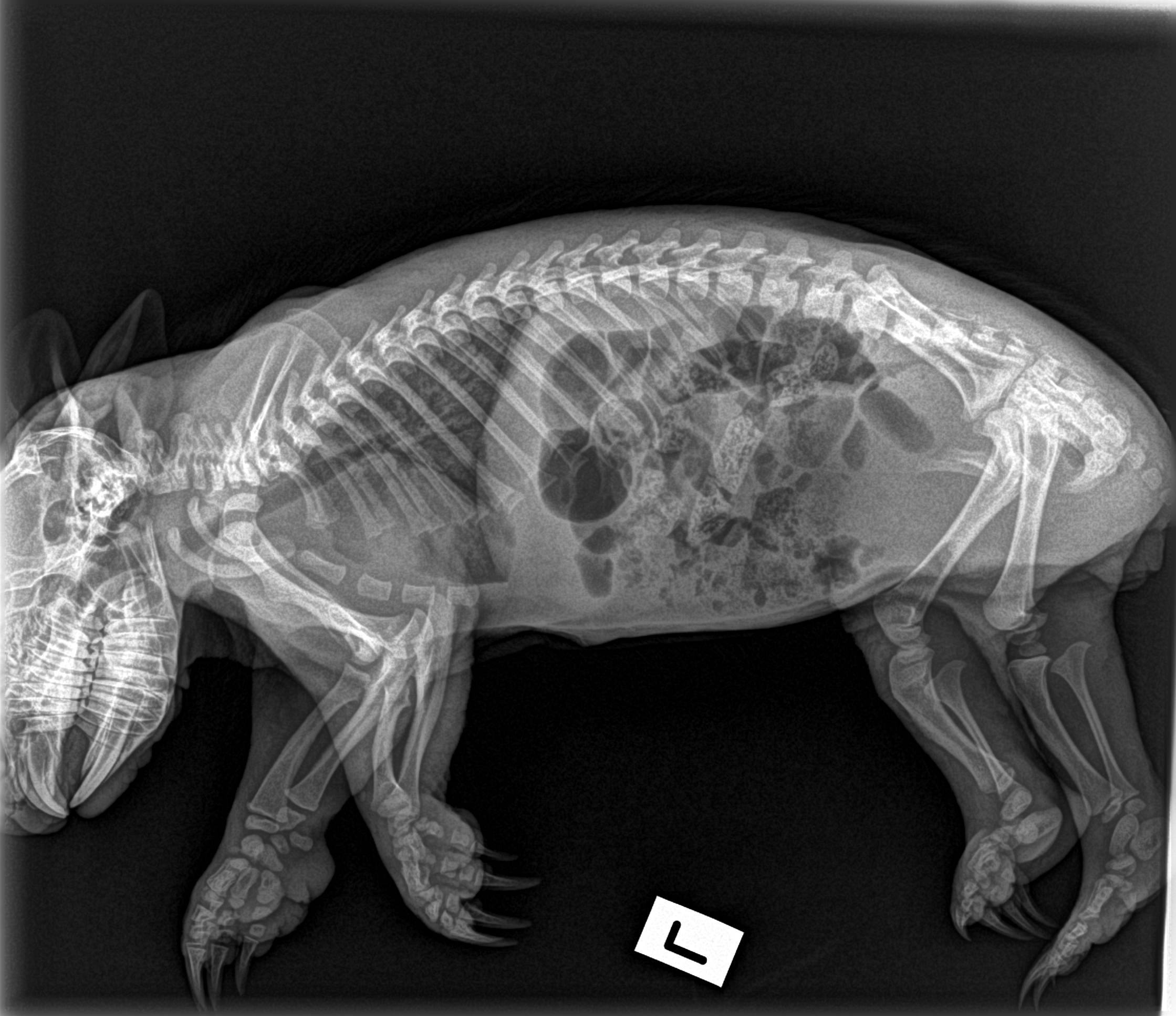
This provides our vets access to high quality X-Ray images in the field.
- Mobile Anaesthetic Machines, Centrifuges and IV Fluid Pumps
These are essential pieces of equipment for carrying out assessment and triage in the field. This enables veterinarians to appropriately sedate wildlife to reduce stress and undertake diagnostic work and a range of procedures including debridement of wounds and stitches. Veterinarians are also enabled with this equipment to administer lifesaving fluid therapy in field by placing injured wildlife on drips, and to conduct basic blood work.
- Supply of medications and consumables
Our vets use a significant amount of prescription and other medications for wildlife in need and are able to dispense prescription pain relief, antibiotics and other medications to combat infection and treat each individual wildlife patient with the care and respect each creature deserves and to give each to best chance of recovery.
Make a tax deductable donation to help fund Wildlife Victoria’s Travelling Vet Service.
